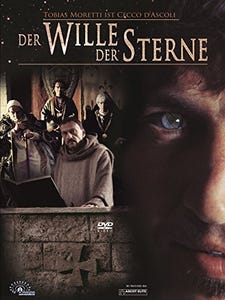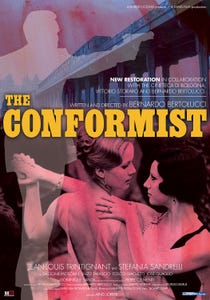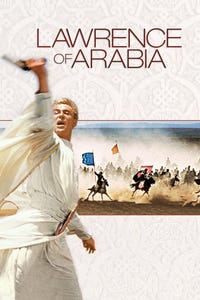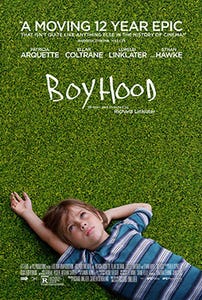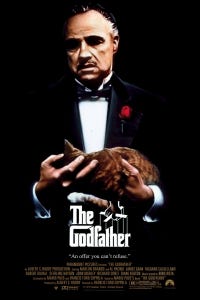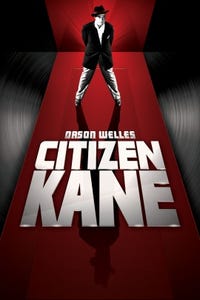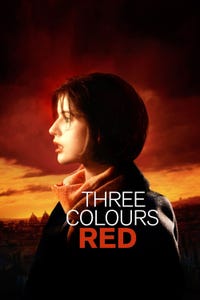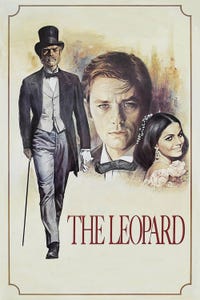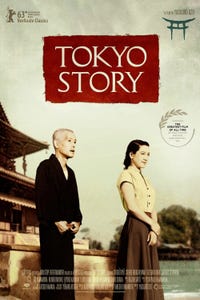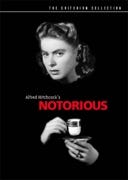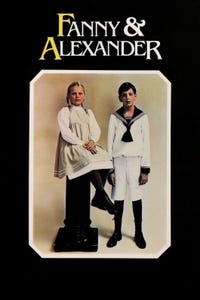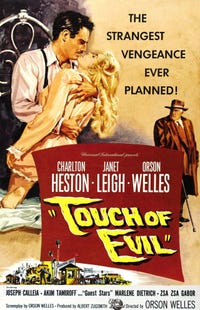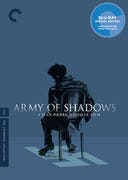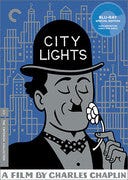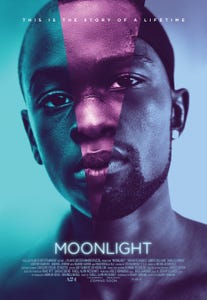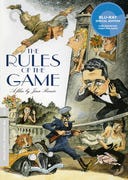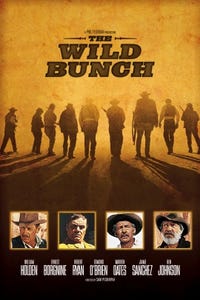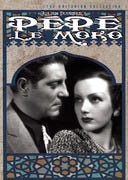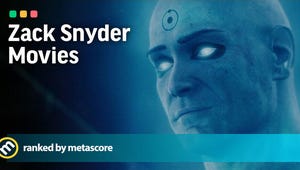X
- 2004
- R
- Newmarket Films
- 2 h 7 m
- 2004
- R
- Newmarket Films
- 2 h 7 m
Summary A depiction of the last 12 hours in the life of Jesus Christ as he is crucified in Jerusalem.
Written By: Benedict Fitzgerald
- 2004
- R
- Newmarket Films
- 2 h 7 m
- 2004
- R
- Newmarket Films
- 2 h 7 m
The Passion of the Christ
47
7.5
Where to Watch
Summary A depiction of the last 12 hours in the life of Jesus Christ as he is crucified in Jerusalem.
Written By: Benedict Fitzgerald
Where to Watch
Top Cast
Metascore
Mixed or Average
Based on 44 Critic Reviews
47
34% Positive
15 Reviews
15 Reviews
45% Mixed
20 Reviews
20 Reviews
20% Negative
9 Reviews
9 Reviews
Metascore
Mixed or Average
Based on 44 Critic Reviews
47
34% Positive
15 Reviews
15 Reviews
45% Mixed
20 Reviews
20 Reviews
20% Negative
9 Reviews
9 Reviews
This is not a sermon or a homily, but a visualization of the central event in the Christian religion. Take it or leave it.
Tempting as it may be to dismiss Mel Gibson as a glorified pain freak, dressing up a martyrdom fantasy in Aramaic and Latin, it would be more accurate, I think, to say that the filmmaker, a Catholic fundamentalist, presents his torture-racked vision of Jesus' last 12 hours on earth as a sacred form of shock therapy.
User Score
Generally Favorable
Based on 277 User Ratings
7.5
72% Positive
199 Ratings
199 Ratings
17% Mixed
48 Ratings
48 Ratings
11% Negative
30 Ratings
30 Ratings
User Score
Generally Favorable
Based on 277 User Ratings
7.5
72% Positive
199 Ratings
199 Ratings
17% Mixed
48 Ratings
48 Ratings
11% Negative
30 Ratings
30 Ratings
This movie was my spiritual awakening as a Christian. At a time when I had doubt and felt more alone than ever, I came to understand the things that our lord and savior went through for us
Seems to be exactly the movie Mel Gibson wanted to make as an abiding profession of his traditionalist Catholic faith. On that score it is a success.
Too much Good Friday and not enough Easter Sunday. Emphasizing Jesus' agony over His ecstasy, Gibson has delivered a blood-drenched epic more stunning for its brutal violence than for its depiction of the calvary.
What I do know is that I was gripped for a while by the strength of Mr. Gibson's filmmaking, only to be repelled and eventually excluded by his literalist insistence on excruciation. There is watching in horror, and there is watching in horror.
While it fails to shed significant new light on its subject, Gibson's film and the all-Jesus-all-the-time attention from the media it's attracted do tell us something somewhat disconcerting about the state of American culture: That the way to make a religion based on love and forgiveness relevant today is to turn it into violent entertainment.
If I were a Christian, I'd be appalled to have this primitive and pornographic bloodbath presume to speak for me.
Critics wont like it, media wont like it, jews wont like it, hollywood wont like, globalists and leftists wont like it.... but its based in real facts, its a fact.
Fantastic movie, need a continuation
This movie only gets as high of a rating as I have gave it because cinematicly its beautiful and very well done. As for the film itself its too much probably sits around a 4/5, overly drawn out and boring, very hard to get invested in unless you are a true believer I imagine.
Production Company
Icon Productions
Release Date Feb 25, 2004
Duration 2 h 7 m
Rating R
Genres
Tagline By his wounds, we were healed.
Awards
Academy Awards, USA
• 3 Nominations
Capri, Hollywood
• 5 Wins & 5 Nominations
Italian National Syndicate of Film Journalists
• 2 Wins & 4 Nominations





